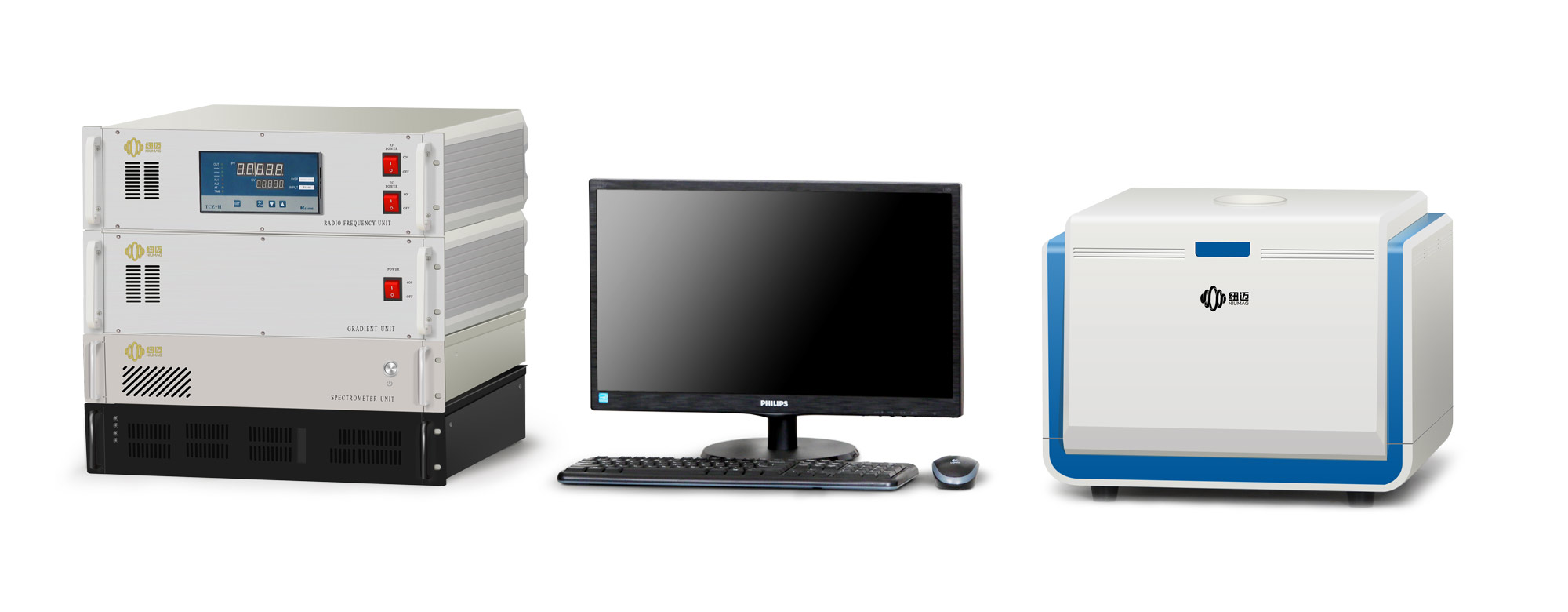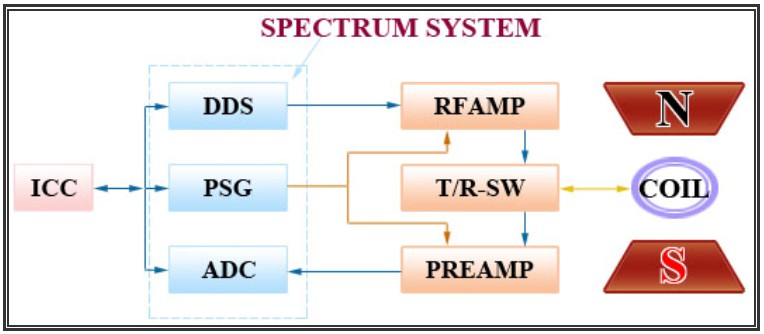Pulsed NMR Technology
Classification of NMR technology
NMR instruments can be divided into two categories according to different scanning methods: one is continuous wave NMR instruments, and the other is pulsed NMR instruments based on pulsed magnetic resonance technology. The continuous wave NMR instrument means that the frequency of the radio frequency or the intensity of the external magnetic field is continuously changed, that means continuous scanning is performed until the observed nuclei are excited in turn to generate NMR. The pulsed NMR instrument based on pulsed NMR technology uses a strong radio frequency to simultaneously excite all the same nuclei with different chemical environments in the sample in a pulsed manner (a pulse simultaneously contains a certain range of electromagnetic radiation of various frequencies). The NMR occurs, and the NMR signal is received at the same time.
Advantages of pulsed NMR technology
The pulse time corresponding to the pulsed NMR technology is short, and the time interval of each pulse is generally only a few minutes. Many tests that cannot be done on a continuous wave instrument can be done on a pulsed Fourier transform resonator.
The composition of pulsed NMR apparatus based on pulsed NMR technology
Pulse NMR instrument consists of magnet, probe, radio frequency unit, spectrometer and control system. The magnet unit mainly provides a stable magnetic field environment; the probe coil is used for sample excitation and signal acquisition; the radio frequency unit amplifies the radio frequency signal; the spectrometer system and control system communicate with the software and generates the corresponding radio frequency signal according to the parameter settings of the software. resonance signal processing. The structure of the pulse NMR instrument is as follows:
Applications of pulsed NMR technology
Pulse NMR instruments are widely used. The resonance frequency of low-field pulse NMR instruments is generally 21MHz. Pulse NMR instruments can be used in scientific research and industrial production. Pulsed NMR technology has been widely used in food, agriculture, materials, geotechnical, energy, life science and other fields. For example, a pulsed NMR instrument can be used to analyze geological exploration information in a certain area. For ordinary cores, internal fluid imaging and attribute analysis can be performed to meet the needs of geological exploration, and parameters such as permeability, fluid, and saturation can be obtained which is of great significance to energy exploration.
 NIUMAG
NIUMAG

